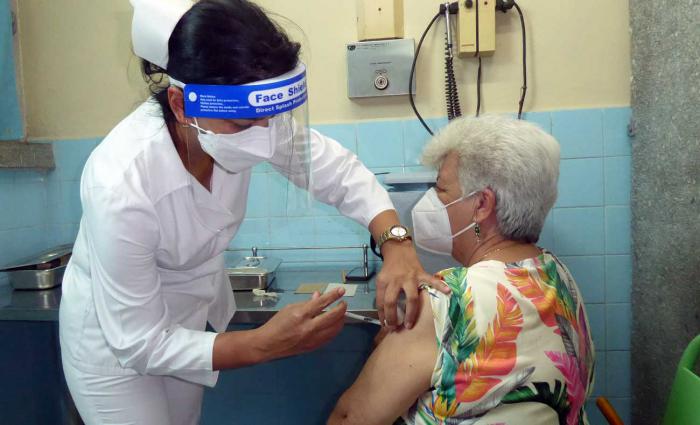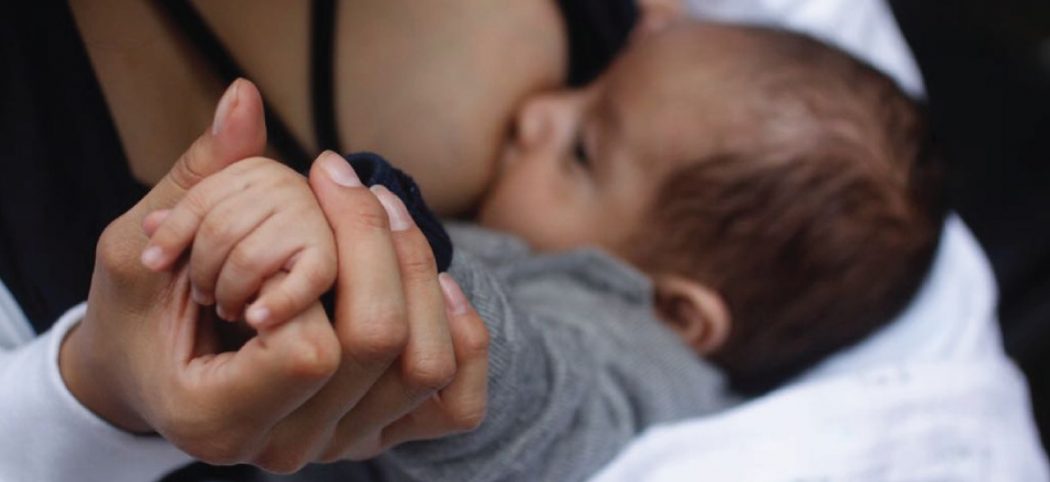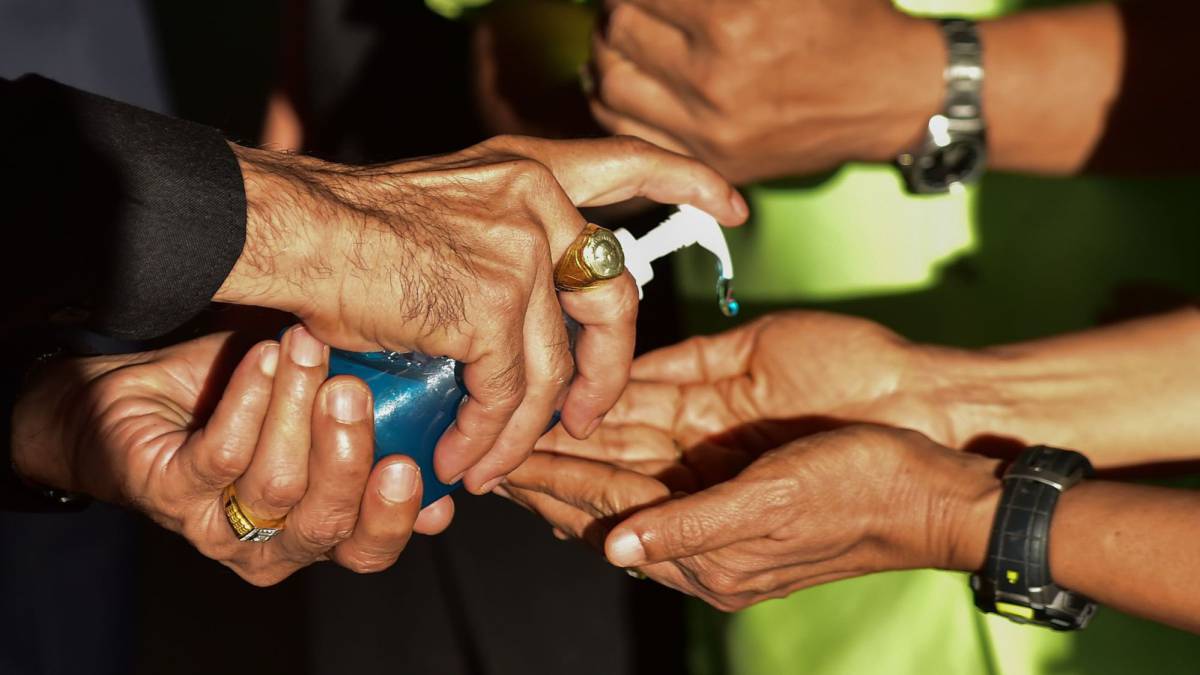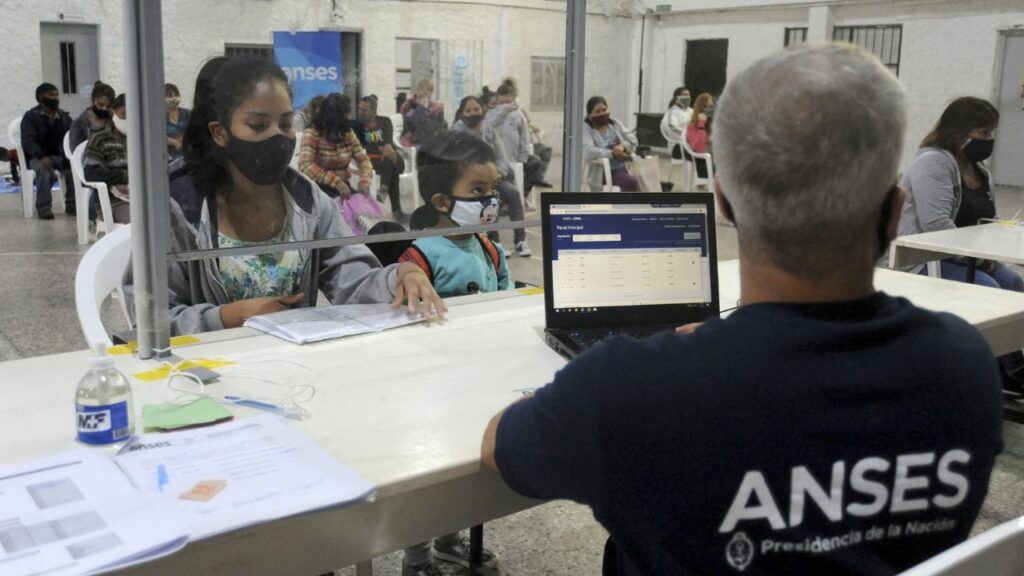Ómicron is a fundamental and daily part of the thematic agenda of the national and international press media, and the main television news programs with the largest audience on our grid. The confrontation with the pandemic in our case has not ceased to be news since the first cases were diagnosed.
In the same way, at the level of communication between people, it continues to occupy one of the first positions. So when someone known or a family member is known to be infected, the immediacy of the news arises instantly. Within the neighborhoods, this new variant sadly is now regaining its news value.
Although fortunately the vast majority of the Cuban population already carries the booster dose within themselves, a total of four, the cases of COVID-19 as a result of omicron are not developing in isolation, on the contrary, in a good part of cases, households, and even several nearby houses end up with almost or all of the positive members.
And it is that on repeated occasions specialists have explained to the population that vaccines do not prevent contagion, but they do ensure that patients do not develop the disease seriously or die. So trusting us that because we are vaccinated is not going to touch us, it is one of the most unwise criteria that could shine.

Precisely because of the high degree of contagiousness of omicron and the rise that it is causing in the number of infected, the United Nations Children’s Fund (UNICEF) published a series of tips on how to care for a sick person on its official website. home without the caretaker and the other members becoming ill in a chain.
Although it seems obvious, the international organization recommends “limiting the number of caregivers. Ideally, you should be someone who is in good health and not at high risk of developing serious illness from COVID-19, i.e. fully vaccinated, under 60, and not suffering from any chronic disease ”.
Also, “monitor yourself and other members of your household for any symptoms of COVID-19, such as fever, sore throat, muscle or body aches, congestion or runny nose, nausea or vomiting, diarrhea, shortness of breath , dry cough or tiredness. In the case of children, the symptoms can vary.
On the little ones, Unicef detailed that “the symptoms of babies can include difficulties feeding, rapid breathing and lethargy. You should seek urgent care if a baby cannot be breastfed, if a young child has a high fever, or if a child appears suddenly confused, refuses to eat, or her face or her lips turn blue.”

In general, the precautions to take are: “avoid unnecessary contact with the sick person, who should stay in a separate room if possible, everyone should wear a well-fitting medical mask when in the same room as the sick person. (who must also carry one)”.
More than important for our health, constant hand washing, “hands with soap and water or alcohol-based hand sanitizer, especially after any contact with the sick person. Make sure shared spaces (eg, kitchen or bathroom) are well ventilated (keep windows open).”
Unicef adds that “the patient must use their own plates, cups, eating utensils, sheets and towels. Wash them all with soap and hot water. Identify surfaces that the ill person touches frequently (such as chairs, tables, bed frames, doorknobs, and toys) and clean and disinfect them daily.”

The patient’s clothing should be washed “with soap or detergent, using water at the hottest temperature possible, and dry them completely; both measures help eliminate the virus. Wash your hands with soap and water immediately afterward. Consider storing dirty clothes in disposable bags instead of the usual laundry hamper.”
“The WHO recommends that sick people isolate themselves for 10 days from the start of symptoms, plus three days after symptoms have ended.” Of course, visits at the time of positivity are prohibited and that, although the mild symptoms have quickly disappeared, the patient days later continues to transmit the virus.
As José Ángel Portal Miranda, Minister of the Cuban Ministry of Public Health, expressed, given the increase in cases worldwide and the inclusion of our country in this behavior, these are times to “act with prudence and responsibility: vaccines alone they are not able to put an end to the epidemic.” The care is for everyone.
















